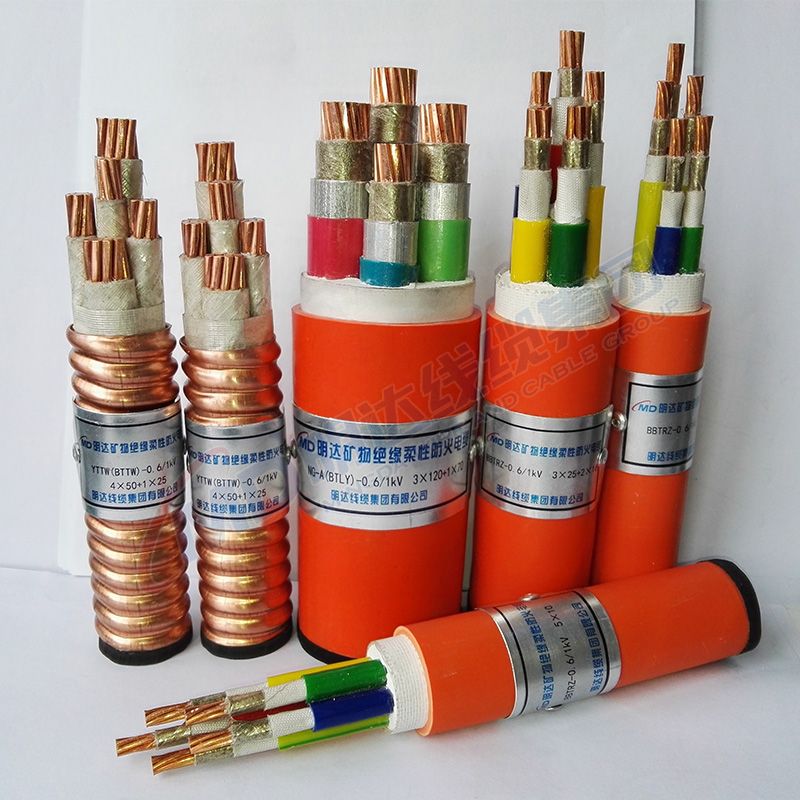Dec . 07, 2024 10:52 Back to list
air pressure control valve
Understanding Air Pressure Control Valves Essential Components for Modern Systems
Air pressure control valves are critical components in various industrial and commercial systems. They play a vital role in regulating and maintaining the proper air pressure within a given system, ensuring optimal performance, safety, and energy efficiency. Whether it's in HVAC systems, pneumatic machinery, or manufacturing processes, understanding the function and application of these valves is essential for engineers and technicians alike.
The Function of Air Pressure Control Valves
At its core, an air pressure control valve is designed to maintain a specific pressure within a system by modulating the flow of air or gas. These valves respond to changes in pressure and can automatically adjust to maintain desired pressure levels. By controlling airflow, these valves help to prevent overpressure situations that can lead to equipment failure or safety hazards.
The main operational mechanism of an air pressure control valve typically involves a diaphragm or a piston that senses the pressure within the system. When the pressure deviates from the setpoint, the valve adjusts its position accordingly—either opening to allow more air in or closing to restrict the flow. This automatic adjustment helps maintain consistent pressure, which is crucial in applications where precision is required.
Types of Air Pressure Control Valves
There are several types of air pressure control valves, each designed for specific applications. Some of the most common types include
1. Direct-acting Pressure Control Valves These valves respond directly to pressure changes and are suitable for low-flow applications. They are often used in pneumatic systems to stabilize pressure on a smaller scale.
2. Pilot-operated Pressure Control Valves These valves utilize a pilot valve to control a larger main valve, making them ideal for high-flow applications. They are often found in industrial settings, where managing large volumes of air is necessary.
3. Relief Valves These valves automatically release air when the pressure exceeds a certain limit, preventing potential overpressure scenarios. They are critical for safety in systems where pressure spikes can occur.
air pressure control valve

4. Modulating Valves Used in systems that require continuous pressure adjustments, modulating valves can provide precise control over airflow and pressure, making them suitable for sophisticated applications.
Applications in Industry
Air pressure control valves are used across various industries including manufacturing, automotive, pharmaceuticals, and food processing. In HVAC systems, for instance, these valves help maintain comfortable indoor environments by regulating air pressure in ducts. In automotive applications, they ensure that pneumatic systems function reliably, contributing to overall vehicle safety.
In manufacturing, controlling air pressure is essential for machinery operations. Pneumatic tools, for example, rely heavily on consistent air pressure to function effectively, making pressure control valves indispensable in these environments. Additionally, in the pharmaceutical industry, precise pressure regulation is critical to ensure the integrity and safety of production processes.
Benefits of Using Air Pressure Control Valves
The implementation of air pressure control valves in systems provides numerous benefits. Primarily, they enhance operational efficiency. By maintaining consistent pressure, these valves reduce energy consumption and prolong the lifespan of equipment. Furthermore, they contribute to safety by preventing overpressure scenarios that can lead to accidents and equipment damage.
Moreover, air pressure control valves can improve product quality. In manufacturing, consistent pressure helps ensure that processes run smoothly, minimizing defects and variability in the final products.
Conclusion
Air pressure control valves are fundamental components in modern industrial systems, playing an essential role in maintaining optimal performance and safety. Understanding their function, types, and applications can help professionals make informed decisions about system design and maintenance. As industries continue to evolve and demand higher efficiency and reliability, the role of air pressure control valves will remain pivotal in achieving these goals, making them indispensable in today’s technological landscape.
Share
-
Advanced Technology in Wire and Cable FactoryNewsAug.19,2025
-
Applications of Ball Check Valve in Water Treatment PlantsNewsAug.19,2025
-
How Osy Gate Valve Ensures Leak - Tight SealingNewsAug.19,2025
-
Selection Criteria for Wafer Type Butterfly ValveNewsAug.19,2025
-
Threaded Ball Valve Pressure RatingsNewsAug.19,2025
-
Y Strainer PN16 Cost - Effectiveness AnalysisNewsAug.19,2025


